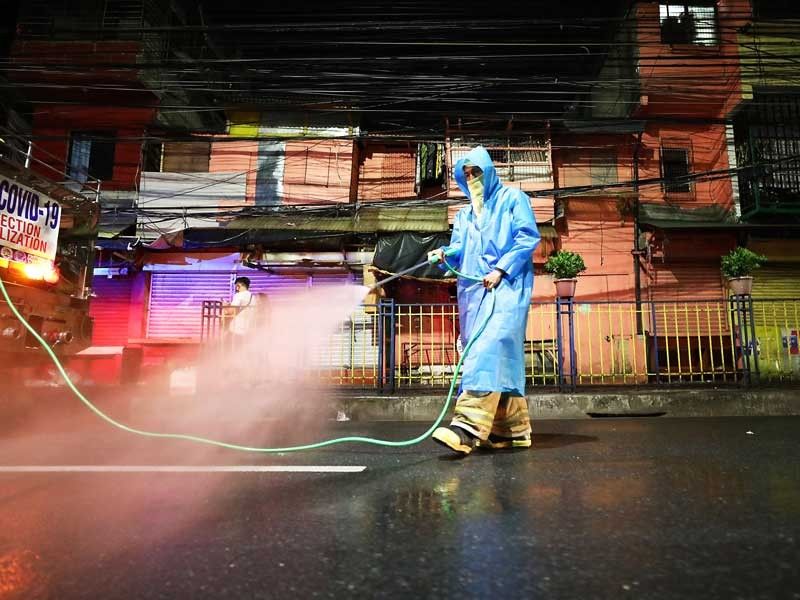Aside from PPEs, journalists need mental health support during pandemic

MANILA, Philippines—National Union Journalist of the Philippines chair Nonoy Espina on Monday lamented how the mental health of journalists covering the COVID-19 pandemic has been overlooked.
Espina said mental health issues among journalists have largely gone unrecognized.
“Like the virus, it’s invisible,” he said during a virtual forum on World Press Freedom Day 2020 hosted by the Philippine Center for Investigative Journalism on Monday.
“None of us is immune to the fear and the uncertainty that the pandemic has caused but we still have to go out, we still need to cover, we still need to write stories, we still have to listen to people’s stories, process these and deliver these as news,” he said in a mix of English and Filipino, adding that whether it’s “direct or vicarious” the stress and trauma are there.
The group over the weekend conducted a seminar to discuss how journalists can deal with stress and trauma on the job.
Espina said that most concerns raised are how journalists can cope with the pandemic.
In a separate statement on Sunday, the NUJP said that while there is a growing recognition of stress and trauma as part of the risks joruanlists, face, “there are hardly any readily available and sustained support systems for colleagues experiencing mental health issues.”
He said the group has a peer support network initiative but is still trying to map out how they can deliver assistance in light of restrictions on movement because of the quarantine.
“Given the condition now, we’re not sure how effective delivering online assistance will be,” Espina said.
'We're not Superman, not immune'
Espina instead advised Filipino journalists to look out for their well-being amid the pandemic.
“It’s very important to recognize that we’re not Superman, we’re not immune. We should take care of ourselves before just plunging into the milieu,” he said.
Last April 3, the International Journalists’ Network released tips on how journalists can address their own mental health.
IJNET held a webinar on journalists’ mental health headed by Bruce Shapiro, executive director of the Dart Center for Journalism and Trauma at Columbia University; and Sherry Ricchiardi, Ph.D., co-author of ICFJ's Disaster and Crisis Coverage guide and international media trainer.
Ricchiardi has worked with journalists around the world on conflict reporting, trauma and safety issues.
“Journalists are often on the frontlines of some of the world’s most challenging events, from crime scenes and road accidents to natural disasters and wars. Now, journalists around the world are working overtime to cover the COVID-19 pandemic,” Katya Podkovyroff Lewis wrote.
“Covering these stories, whether major international stories or events much closer to home, can have an impact on those who do the reporting, leading to issues like post-traumatic stress disorder (PTSD) in some cases, but more likely anxiety, stress and burnout,” she added.
These panelists also offered advice on how to interview victims of trauma and promote mental health advocacy in the newsroom.
Among the tips offered to support journalists’ own mental health are the following:
- Remember you’re not immune to the emotional impact
- Know your signs
- Flatten your stress curve by taking downtime
- Create a self-care plan with assertive boundaries
Last month, experts warned that "the coronavirus pandemic is likely to have 'a profound and pervasive impact’ on global mental health as billions struggle to cope with isolated living and anxiety spikes."
This report from Agence France-Presse also said that during the previous disease outbreaks such as the Severe Acute Respiratory Syndrome, records of suicide rates increased among health care workers “who experienced emotional distress.”
- Latest
- Trending


































